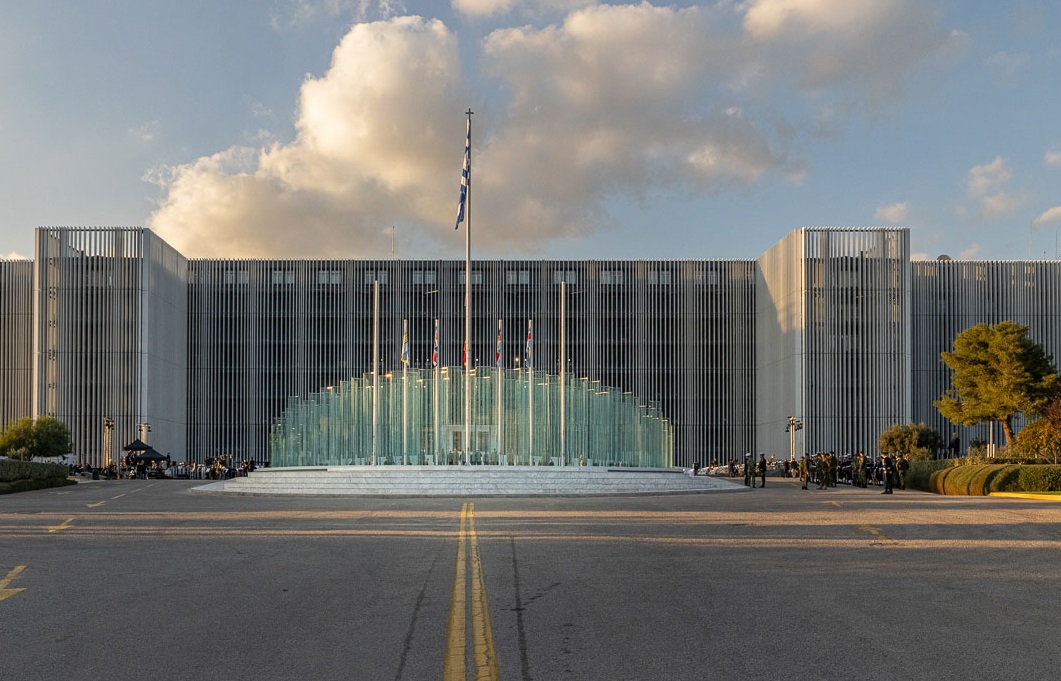The program forms part of a broader, holistic strategy aimed at improving the living and working conditions of the personnel of the Armed Forces. Its central objective is to ensure free housing for all personnel assigned to non-preferred locations, covering 100% of accommodation needs by the year 2040.
According to the data presented, the program foresees the construction of 10,454 new housing units and the modernization of 7,030 existing ones, creating a total of 17,484 modern residences for Armed Forces personnel. The works will be implemented in three phases:
- Phase I (2024–2030): This phase includes the construction of 5,100 residences, of which 1,059 are already under construction. Among these, 462 are expected to be delivered by July 2026, with the remainder completed by the end of the same year.
- Phase II (2031–2035): This phase will address housing needs in the Aegean, Crete, Thrace, and half of the Attica region, providing 2,623 new residences.
- Phase III (2036–2040): The final phase envisages the completion of an additional 2,731 residences across the country.
At the same time, the renovation and maintenance of all 7,030 existing residences are planned by 2040, with priority given to Thrace and the Aegean islands.
The total cost of the program amounts to €1.7 billion, of which €1.44 billion will be funded through the Ministry of National Defence’s own resources, while the remaining €260 million will be covered by the Public Investment Program and the Ministry of Social Cohesion and Family. Financing will be secured primarily through 6% of deductions from defence procurement expenditures, a mechanism that, as emphasized by the Minister, ensures the program’s long-term sustainability.
Particular emphasis has been placed on the standardization of construction, to achieve high quality and economies of scale. The new housing complexes will follow two main designs — with 12 or 13 apartments each — offering one to three bedrooms in spacious and modern layouts. Exemplary models include the “Iphigenia” residential complex in Orestiada and “Diagoras” in Rhodes, which serve as prototypes for future developments.
The Housing Program extends beyond residential facilities. It also includes the creation of six new nurseries and daycare centers with a total capacity of 252 children, as well as the renovation of six existing facilities, thereby accommodating an additional 70 infants and 180 toddlers. Furthermore, three Supported Living Units for retired personnel will be built in Athens and Thessaloniki, each comprising 50 apartments and offering basic medical care. To support education, four new student dormitories will be established, providing accommodation for 120 student personnel.
Mr. Dendias also announced a new social initiative: the creation of the Unified Joint Command for the Supply Center of Military Units, which will consolidate the operation of all military retail outlets. The goal is to reduce the prices of products in the “Military Family Basket” by 20–23% compared to market rates, through centralized procurement and improved logistics.















